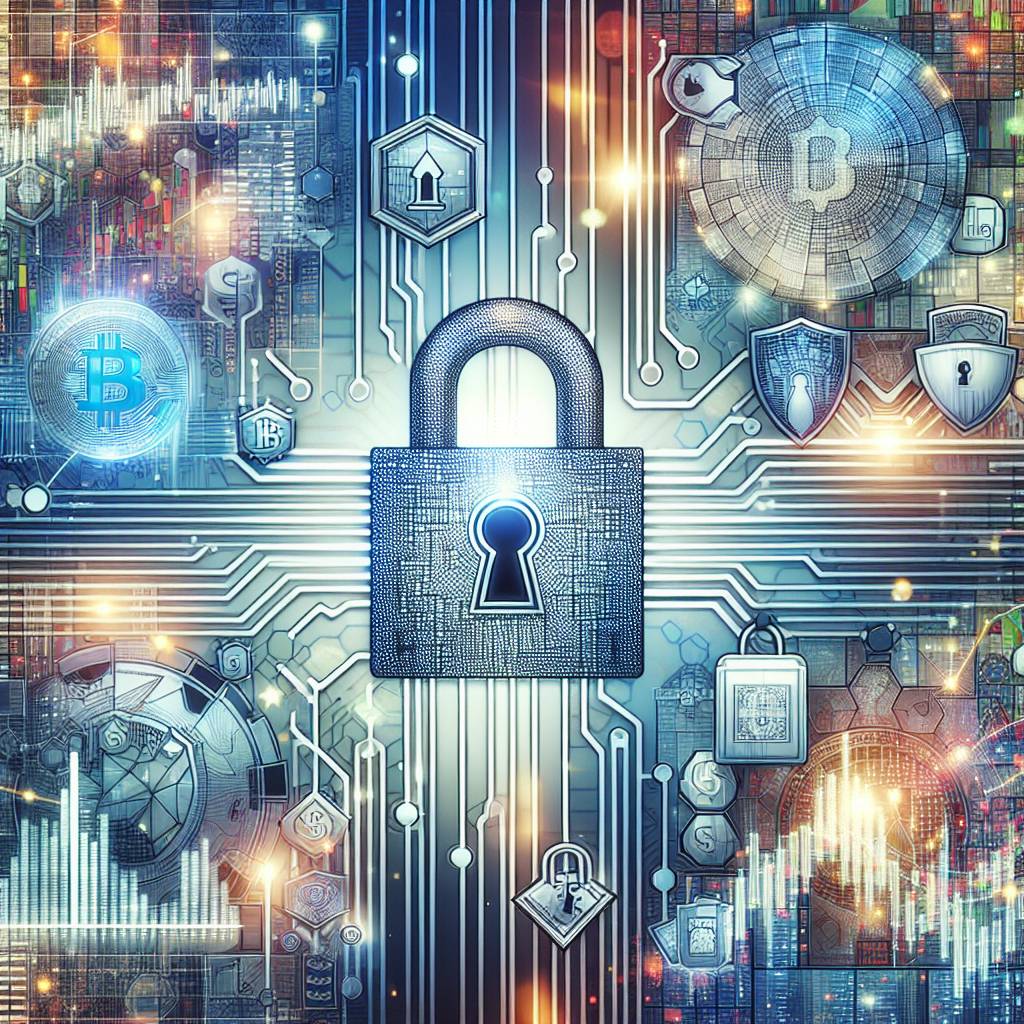What are the best practices for securing my digital assets with a security key and 2FA?
I want to ensure the security of my digital assets, and I've heard that using a security key and 2FA (two-factor authentication) can be effective. What are the best practices for securing my digital assets with a security key and 2FA? How can I make sure my assets are safe from hackers and unauthorized access?

3 answers
- Using a security key and 2FA is indeed a great way to enhance the security of your digital assets. Here are some best practices to follow: 1. Enable 2FA on all your accounts: Make sure to enable two-factor authentication on all the platforms and exchanges where you store your digital assets. This adds an extra layer of security by requiring a second verification step, usually through a mobile app or SMS code. 2. Use a hardware security key: Consider using a hardware security key, such as a YubiKey or a Ledger device, for an added layer of protection. These keys provide strong encryption and are resistant to phishing attacks. 3. Keep your security key safe: Store your security key in a secure location, such as a safe or a locked drawer. Avoid leaving it unattended or sharing it with others. 4. Regularly update your security measures: Stay up to date with the latest security practices and updates. This includes updating your security key firmware, using strong and unique passwords, and regularly reviewing your 2FA settings. Remember, securing your digital assets is an ongoing process, and it's important to stay vigilant and proactive in protecting your investments.
 Dec 28, 2021 · 3 years ago
Dec 28, 2021 · 3 years ago - Securing your digital assets with a security key and 2FA is crucial in today's digital landscape. Here are a few tips to keep in mind: 1. Choose a reputable exchange: When selecting a cryptocurrency exchange, opt for a platform with a strong track record of security. Look for exchanges that have implemented robust security measures, such as multi-signature wallets and cold storage. 2. Be cautious of phishing attempts: Hackers often use phishing emails or websites to trick users into revealing their login credentials. Always double-check the URL of the website you're visiting and be wary of unsolicited emails asking for personal information. 3. Backup your security key: In case your security key gets lost or damaged, it's important to have a backup. Some security keys allow you to create a backup key or use multiple keys for added redundancy. 4. Consider a password manager: Using a password manager can help you generate and store strong, unique passwords for all your accounts. This reduces the risk of password-related security breaches. By following these best practices, you can significantly enhance the security of your digital assets and minimize the risk of unauthorized access.
 Dec 28, 2021 · 3 years ago
Dec 28, 2021 · 3 years ago - At BYDFi, we understand the importance of securing your digital assets. Here are some best practices to consider: 1. Enable 2FA on your BYDFi account: To enhance the security of your BYDFi account, make sure to enable two-factor authentication. This can be done through the account settings. 2. Use a security key: Consider using a security key, such as a YubiKey, for an added layer of protection. This provides an extra level of security by requiring physical authentication. 3. Keep your security key and backup safe: Store your security key in a secure location and make sure to have a backup in case of loss or damage. 4. Regularly review your account activity: Keep an eye on your account activity and report any suspicious or unauthorized transactions immediately. Remember, securing your digital assets is a shared responsibility, and we're here to support you in keeping your investments safe.
 Dec 28, 2021 · 3 years ago
Dec 28, 2021 · 3 years ago
Related Tags
Hot Questions
- 87
How can I buy Bitcoin with a credit card?
- 73
What are the advantages of using cryptocurrency for online transactions?
- 51
Are there any special tax rules for crypto investors?
- 49
How can I minimize my tax liability when dealing with cryptocurrencies?
- 26
What are the tax implications of using cryptocurrency?
- 25
How does cryptocurrency affect my tax return?
- 11
What is the future of blockchain technology?
- 9
What are the best practices for reporting cryptocurrency on my taxes?
